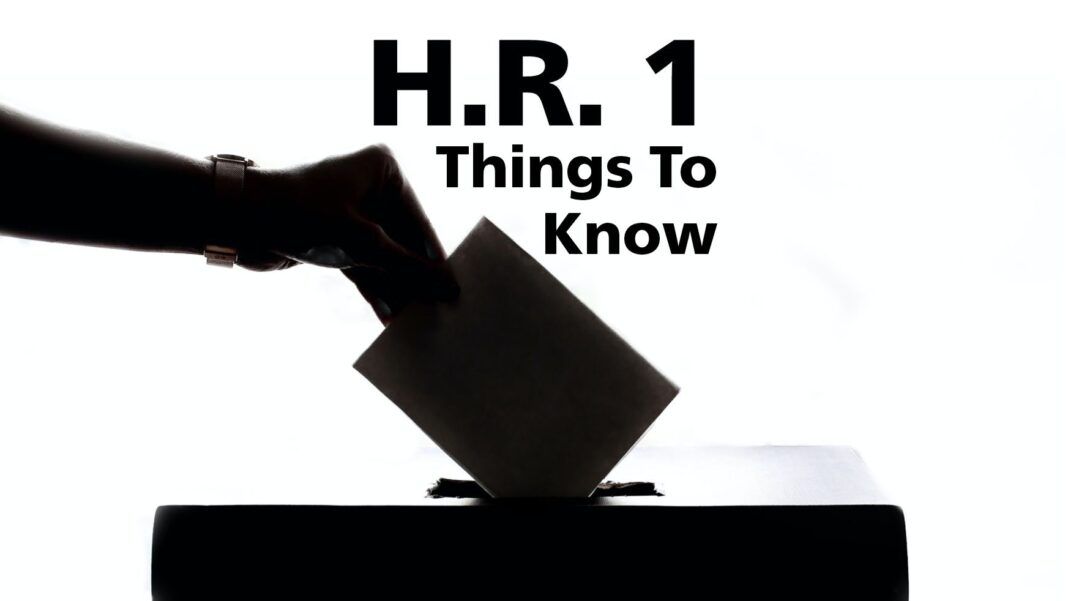- The bill would take away tools that help keep police officers safe by limiting the ability of local law enforcement agencies to receive surplus military equipment.
- A law enforcement officer who had to make a split-second decision can no longer raise that defense when accused of violating someone’s rights.
- Other provisions of the bill could potentially encourage frivolous lawsuits against police officers and departments, given the broad scope of activities covered.
The criminal justice system and potential reforms to it have been at the forefront of the national conversation for much of the past year.
Unfortunately, when tragic events such as the death of George Floyd in Minneapolis last May occur, as my colleague John Malcolm has written, “it is often the police who suffer the greatest backlash, both in threats to their own physical safety and in growing distrust from some in the communities they are sworn to serve and protect.”
Unfortunately, the George Floyd Justice in Policing Act of 2021 that the House of Representatives passed 220-212 on March 3, 2021 entirely along party lines (and with two Democratic congressmen joining Republicans in voting against the bill) will do little to combat those problems—and could make them worse.
The bill would take away tools that help keep police officers safe by limiting the ability of local law enforcement agencies to receive surplus military equipment, and it bans the use of no-knock warrants in drug cases at the federal level and prohibits state and local governments that allow them from receiving certain federal grants.
While the use of those types of warrants should be extremely limited, banning them removes an important officer-safety tool that might be appropriate in certain dangerous situations, such as when federal agents and local law enforcement officers raid drug dealers’ “stash houses,” which can be manned by heavily armed, violent gang members.
On top of that, the bill imposes new standards for when it is appropriate to use deadly force. Those standards could cause officers to hesitate in critical situations, especially since the bill provides that if they didn’t stringently follow its requirements or if their own “gross negligence” contributed to the use of such force, they can’t use justification as a defense.
Imagine the so-called “Ferguson Effect” on steroids.
It also removes important protections when a law enforcement officer—or anyone else—is subjected to federal criminal prosecution.
Read Full Article on Heritage.org






